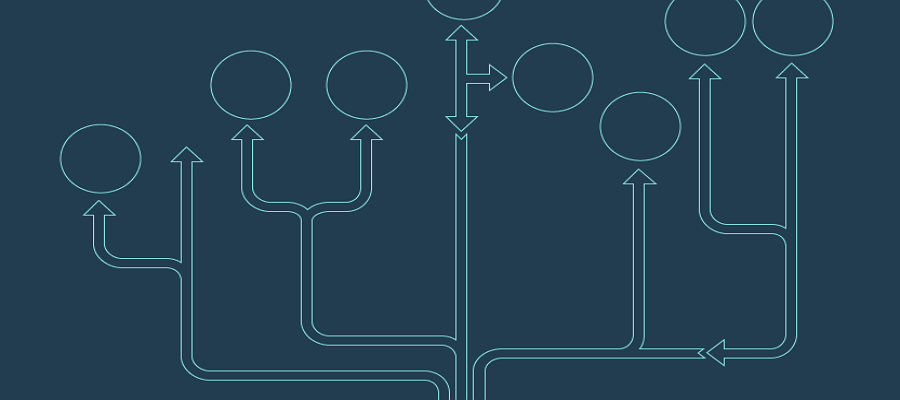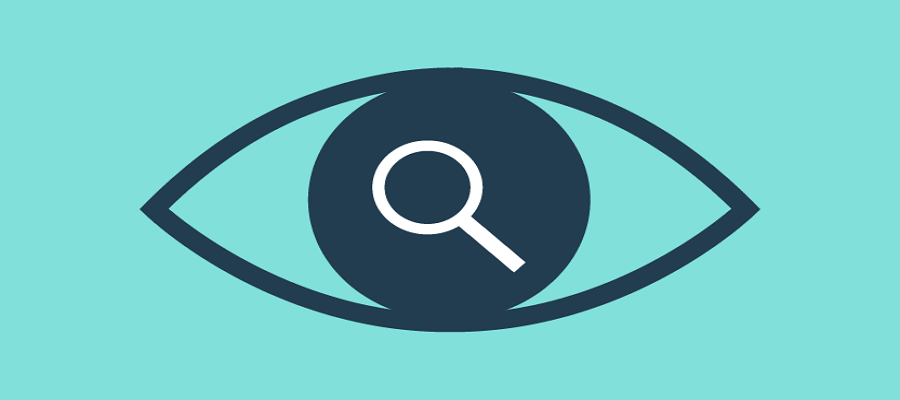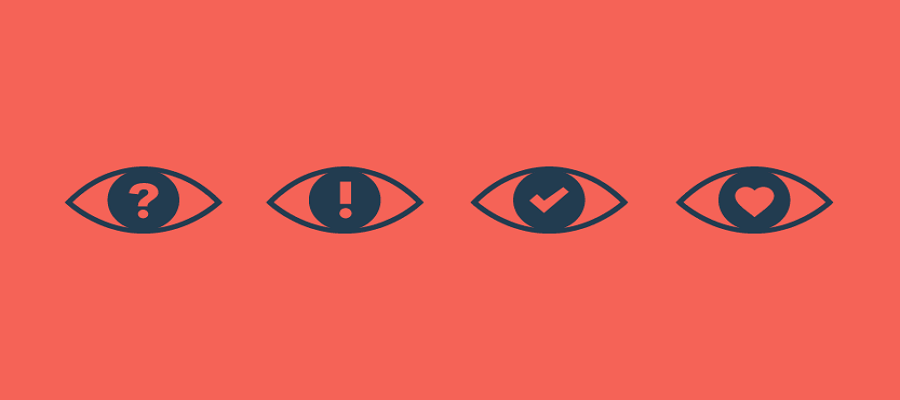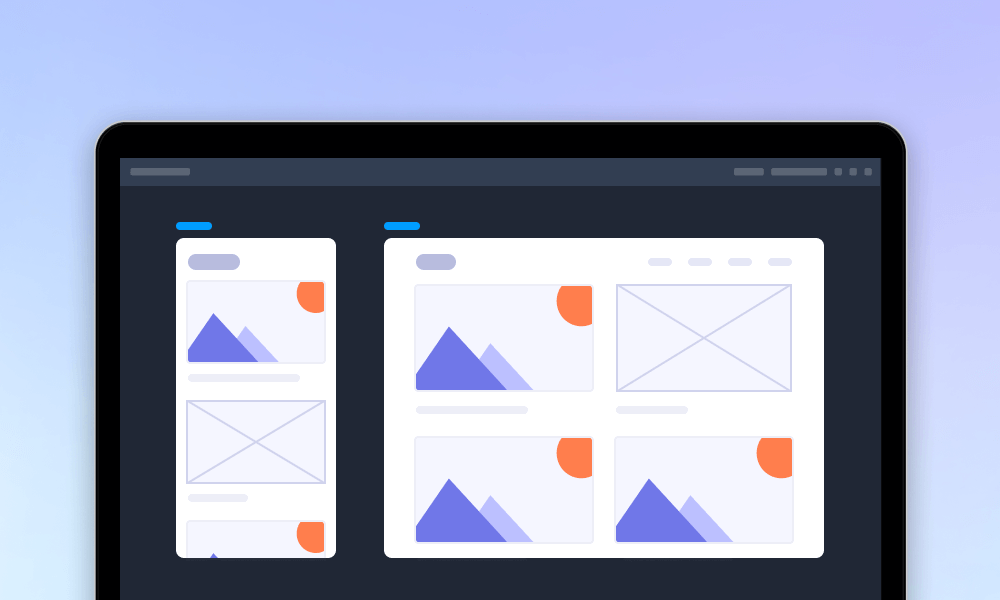In computing, scenario is a narrative of foreseeable interactions of user roles and the technical system(Wikipedia). In my point of view, user scenario is a ux design approach in which there are stages, roles, actions, time-space dimensions and varies logical relations. All of these combine to create a visualized interaction for users and help them to get a brief understanding of a product. Good scenario in your UX design can systematically “connect the dots” of your product and help users experience the integrity in the interaction process.

What makes a great product different from the merely good ones is that it provides users with an idea to be understood and learned. The idea rooted in users’ brain will guide them to invest their emotions. Users usually gradually get to know a product by five phases: acquainting, comparing, purchasing, using, sharing. In each phase, products with scenario stand out for their natural psychological advantages. It's now obvious on how to become a uer experience designer.
More specifically, story is the best way for human’s processing information. People tend to unconsciously look for causal relationships in the time before and after. By integrating scenario in users’ operations, designers are able to effectively create purposeful causal relations. In this way, the process of thinking, searching for or even imagining the causal relations are all spared. Not only the correctness but the sense of achievement is highly enhanced. On the other hand, user scenario also makes the product easier and simpler to grasp, not to mention that scenario itself is full of the pleasure of entertainment.

Another amazing feature of user scenario is that you can brainstorm your product with all possibilities. However, designers shoulld also keep in mind that the digital user exeperence alwayss has to come first.Designers are free to unleash their crazy idea as long as it helps the product to be memorable. The most awarding part is that you can experiment and prototype your product towards functions that resonate the most with first-hand users in a super cheap way.

You need to step outside the design circle and identify who your true users are. What’s their habit? Why are they so obsessed with your product? Keep in touch with your true users and create detailed document for them.
Use your product. Play it from every possible angle. Have conversations with your users and dig out the pain-points of digital user experience design. Keep questioning yourself that “Do users get the information that we want to convey?” After that, you can just comb through the entire process based upon a need > experience > outcome narrative.
This step is based on your understanding of users’ psychology. Seize every idea that might help users to understand, experience and use your product even if it looks stupid. Mostly, stupid scenario are more memorable and fun. Remember to design different scenario for varied types of persona groups so that your product won’t appear abruptly on any occasion.
We all love telling stories. In fact, this is the oldest and most natural way of sharing information. In the field of UX design, scenario help designers to show a concept or a new product. More importantly, this is the most direct way to place your users in the center of design. No matter what project you building, it will be used by users in the end. User scenario make users do the design with you though they are not a part of your team.
 Mockplus RP
Mockplus RP
A free prototyping tool to create wireframes or interactive prototypes in minutes.
 Mockplus DT
Mockplus DT
A free UI design tool to design, animate, collaborate and handoff right in the browser.
